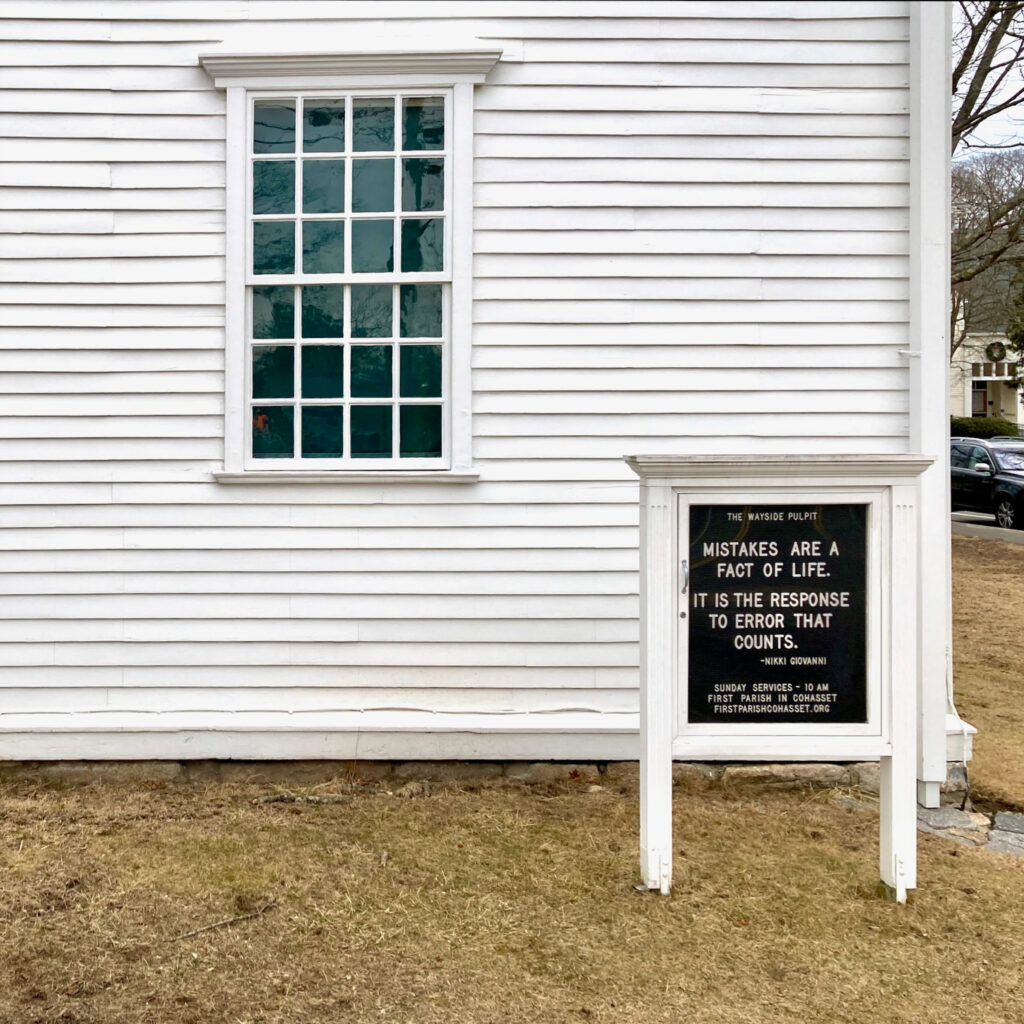Last month, there was a dust-up at Winchester Cathedral in England. Not surprisingly, as a cathedral of the Church of England they have an unbelievable music program. The long-time music director and organist was Andrew Lumsden, led the Winchester Cathedral Choir to a Grammy award in 2024 for their soundtrack to a Star Wars video game. Lumsden suddenly resigned last summer with no explanation. At about the same time, half the adult choristers — so-called “lay clerks” — quit. In addition, the boy choristers were also well below the usual number. Upon receiving numerous complaints, including a negative social media campaign, the bishop commissioned an outside review. Very Rev. Catherine Ogle, Dean of the cathedral — the senior management position in the Cathedral organization — announced she would retire in May, 2025, but after the outside review was completed she announced an immediate departure and left in early March.
So why all these departures?
According to Living Church magazine — an international periodical of the Anglo-Catholic wing of the worldwide Anglican communion — the problem was bullying by the Precentor of the Cathedral, Rev. Canon Andy Trenier. Back on July 3, 2024, Living Church reported:
“Amid public accusations of bullying, Winchester Cathedral has lost its 22-year director of music [i.e., Lumsden], the senior non-executive member of its chapter, and half of its adult male choristers, or lay clerks. The dean, the Very Rev. Catherine Ogle, has taken a break that the cathedral suggested will be brief, and the precentor and sacrist accused of bullying, the Rev. Canon Andy Trenier, ‘is on light duties,’ a statement by the cathedral staff said.”
Living Church quotes from other news sources that point to management practices that sound questionable to me, including possible mismanagement of funds:
“The cathedral’s season of discontent has been the subject of various media reports, from the tabloid Mail on Sunday to the cultural magazine The Critic. ‘The talk is of funds being diverted away from the choir and into other areas of cathedral life, including other start-up choral groups within the cathedral,’ Gavin McCormick wrote in The Critic. ‘Rumours that the whole choral foundation in the cathedral is under threat have abounded. It is not difficult to see why: the ranks of the lay clerks (who stood at a full complement of 12 in [former dean Trevor] Beeson’s day [the 1990s]) have shrunk to a minimal level (now just 7, perhaps soon 6); boy choristers are also numerically down. The choir looks threadbare — and communication about why this is so, and how the problem will be solved, has been non-existent.'”
The idea of start-up choral groups sounds good, but if those start-up groups sued funds earmarked for the main music program, to me that doesn’t sound so good. I’d pay more attention, however, to the decline in the number of choristers. Reportedly, that decline was the result of the alleged bullying. Living Church went on to report what the bullying looked like:
“Ali Kefford of The Mail on Sunday wrote about Trenier: ‘He is said to have berated the Director of Music Dr Andrew Lumsden in front of the boy choristers, and told singers they could leave if they didn’t agree with his approach. Those targeted by his volcanic temper are said to have been left trembling.’ Kefford added: ‘Canon Trenier’s relationship with the eight adult male lay clerks is said to have irretrievably broken down amid allegations that he has been coercive, manipulative, and belittling. They are four short of their usual tally of 12 because, his critics say, working at Winchester is now seen as a poison chalice.'”
These days, the term for people who behave in the way Trenier is alleged to have behaved is “bully.” I often use a different term. Back in 2007 Robert I. Sutton, professor of business at Stanford University, called this kind of manager an “asshole.” In his book The No Asshole Rule, Sutton details how abusive supervisors — bullies, if you will — often prove to be a detriment to the overall performance of an organization. Thus, it’s not just that assholes are a pain to work with, they actually damage the organization.
Best of all, Sutton has a fairly precise definition for what constitutes an asshole. “Bully” often proves to be a vaguely defined term, but Sutton turns “asshole” into a precisely defined term so you can clearly identify who’s an asshole, and who isn’t. According to Sutton, there are two main tests for determining who is an asshole:
“Test One: After talking to the alleged asshole, does the ‘target’ feel oppressed, humiliated, de-energized, or belittled by the person? In particular, does the target feel worse about him or herself? Test Two: Does the alleged asshole aim his or her venom at people who are less powerful rather than at people who are more powerful?”
From the few reports that I’ve read on the situation at Winchester Cathedral, it does sound like Andy Trenier might pass both tests. If it’s true that he has a “volcanic temper” that leaves underlings “trembling,” then he appears to pass the first test. And according to reports, he yelled at people he supervises, i.e., people who have less power than he, which would mean he passes the second test.
For our purposes, though, we don’t need to try to judge the facts of the Winchester cathedral case. The allegations, whether true or not, give a pretty good feel for what ministerial bullying looks like — it’s “coercive, manipulative, and belittling”; it can leave the target “trembling”; it may include a my-way-or-the-highway demand; and people do in fact leave the organization rather than have to deal with the ministerial bully.
If you’re in a situation where you think you’re seeing ministerial bullying, you might want to check out Robert Sutton’s books on assholes: The No Asshole Rule and The Asshole Survival Guide: How To Deal with People Who Treat You Like Dirt. Or, if you’re a minister or supervisor, you might want to read Sutton’s book Good Boss, Bad Boss: How To Be the Best…and Learn from the Worst.
Part of a series of posts on clergy and bullying — Sigh. Not Again. — What ministerial bullying looks like — What ministers didn’t learn in theological school — When clergy get bullied — The opposite of a bullying boss


